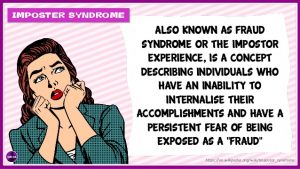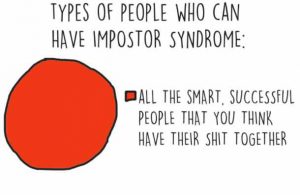Tomorrow is International Day of Persons With Disabilities. The theme this year is “transformation towards sustainable and resilient society for all.”
IDPD was created by the United Nations in 1992 with the aim of “promoting the rights and well-being of disabled people in every aspect of life – political, social, economic and cultural.”
The UN says the major focus of the day is about taking practical action to meet the day’s objectives – which are improving the rights and well-being of disabled people.
There’s not much practical action I can take other than writing about it to try and build awareness of some of the challenges people with disabilities face. By doing that, maybe I can contribute to improving our rights and wellbeing, because people can’t address the issues if they don’t know what they are.
I feel like sustainability and resilience are comms-y words that get thrown around a lot, and I can say that because I’m a comms person who throws them around. I’m also living in a post-Christchurch-earthquakes New Zealand, where the term resilience really gives me the heebie-jeebbies.
Part of that is because I feel like maybe “resilience” puts the onus back on the disabled, marginalised or aeffected person or community to cope with how the world is, and obviously I object to that. Yes, of course we have to be strong and we have to adapt, but the world should also adapt to us.
What I’m talking about is the social model of disability – where it is recognised that society should and must change to accommodate people with disabilities, and that the ‘disability’ is actually in the world, and not in the person. The social model puts people first. We may only have a decreased level of ability to participate in the world because of the world, not because of something within ourselves.
You can read more about the theme ‘Transformation towards sustainable and resilient society for all’ here.
One way you can help improve the wellbeing of people with disabilities is to validate them.
This is not something every person needs or wants, but a lot of people live with disabilities or chronic illnesses that get dismissed, especially if they are invisible. And if the disability gets dismissed, so do the accommodations that person might need.
I recently wrote a thing about imposter syndrome, which was pretty popular, proving that this phenomenon is something that happens for a lot of people.

People with disabilities or chronic illnesses, especially if they are invisible, can experience a whole different level of imposter syndrome. It goes something like this:
“Yep, I have definitely made my illness up. I feel ok today, so my symptoms must be gone. Even though eleven doctors have told me I have this disability, I have MRI scans to prove it, and some days I can’t get out of bed, I’m probably just blowing it out of proportion.”
This is something that goes through my mind all the time. What if I don’t actually have Ankylosing Spondylitis? Surely it can’t actually be as bad as I’ve been told by specialists. I’m just exaggerating it for attention.
These are ridiculous thoughts – but that’s what imposter syndrome is. Chronic illness fraud. And it’s not an unfounded fear, because I have been both privately and publicly accused of “faking it.”
Why would I do that? That’s a good question. Maybe I just like being lazy (this is one I know a lot of my chronically ill friends relate to – the fear that we’re “just lazy” and not legitimately exhausted.) Maybe I’m doing it for attention, or money – yes, I’ve been accused of faking this terrible disease so I can swindle money out of both people and the government.
Crazy, isn’t it? Unfortunately, sometimes my brain gets in the joke and whispers to me that, at any minute, I’m going to be exposed as an actual healthy person.
I mean, I just don’t think I’m that smart or that dedicated, to pull it off. I’ve been sick for five years. If I’m making it up – I’m an excellent liar.
However, imposter syndrome creeps in, and I know how much it effects me and many others with disabilities and chronic illnesses. Which is where the validation I mentioned earlier comes in. This is a really, really important message for healthy people.
Please let the people in your life know that you believe them when they say they need certain accommodations. Please provide those accommodations. Please be aware that they might be worried you think they’re exaggerating. Just know that this is another aspect of chronic illness that you might never have realised.

So. That’s my message for International Day of Persons with Disabilities. We can’t build resilient, sustainable communities without first all realising and accepting the realities of chronic illness and disability.
You’re not an imposter. Your illness is real. You are seen and you are valid.
